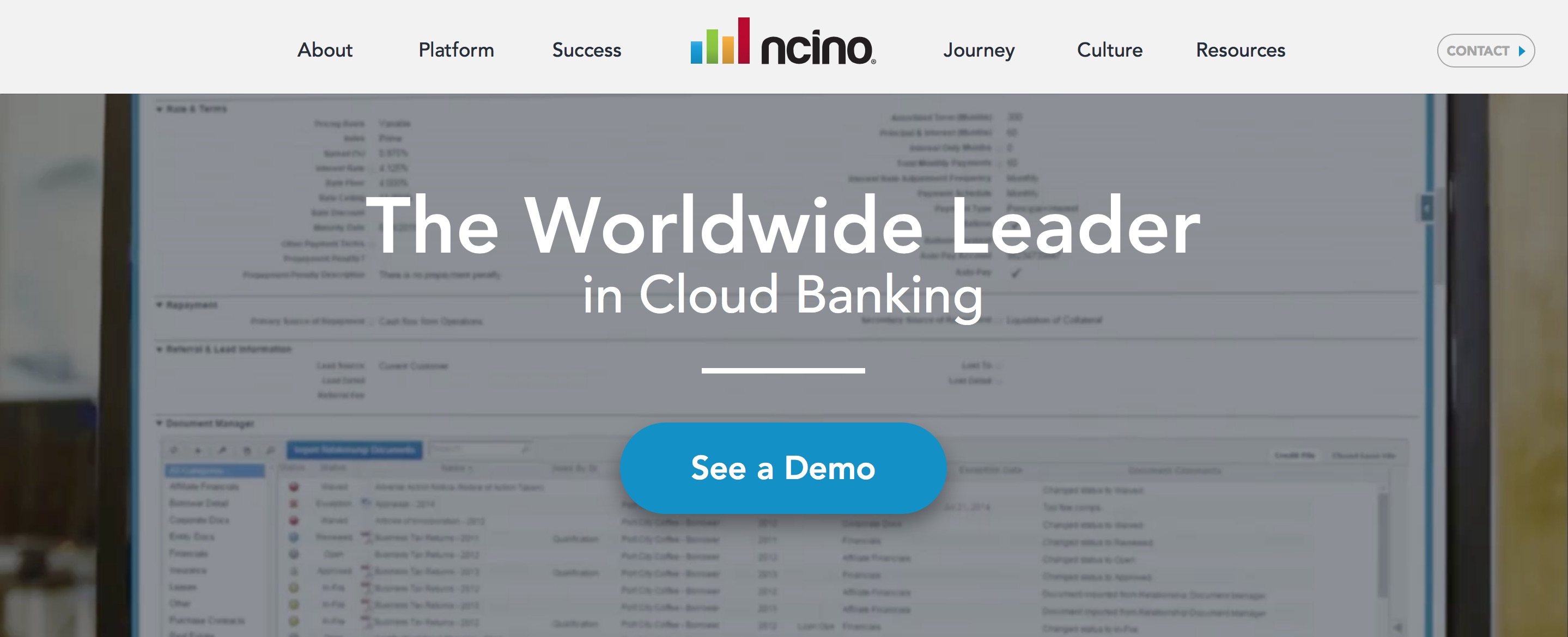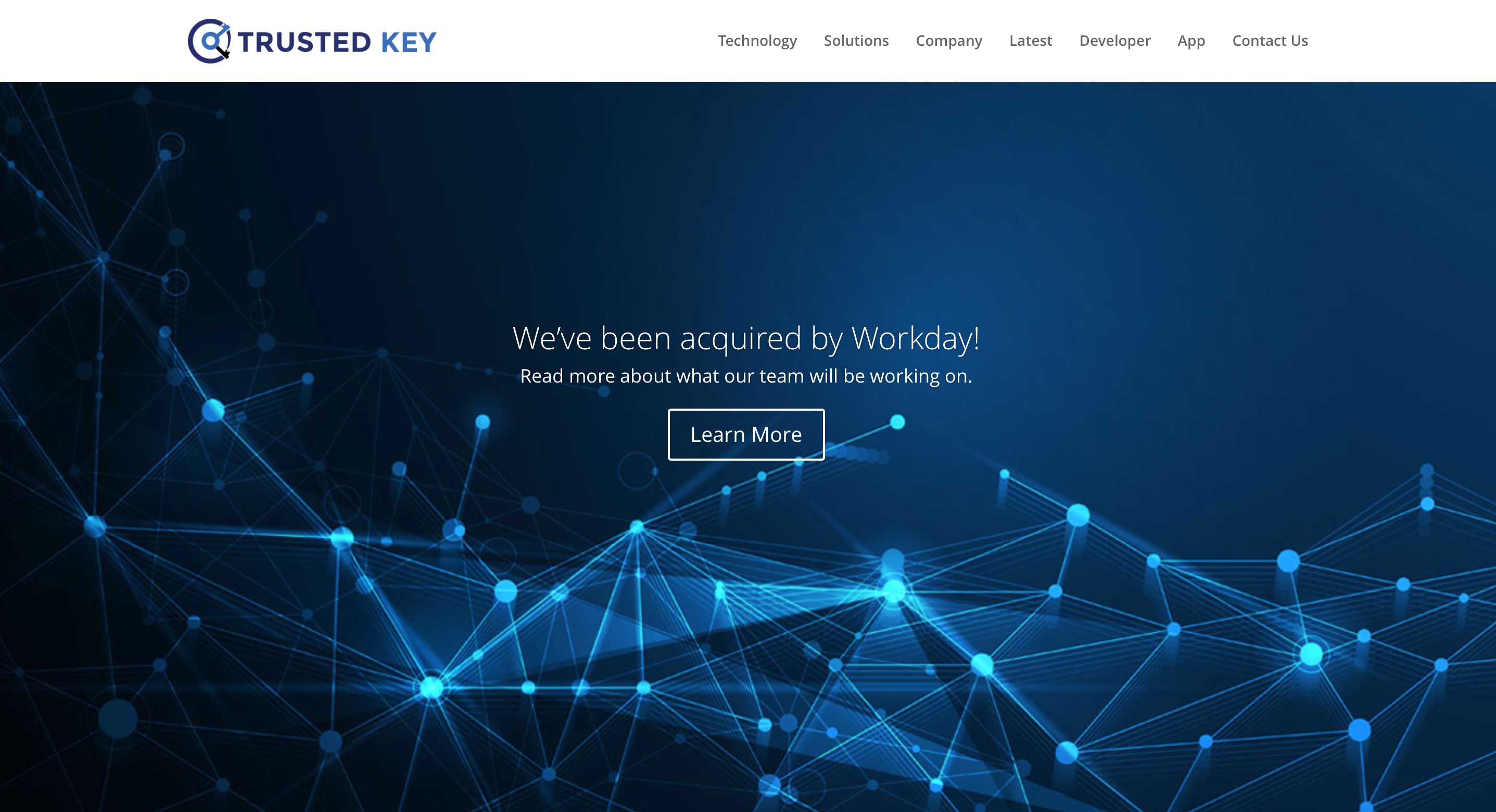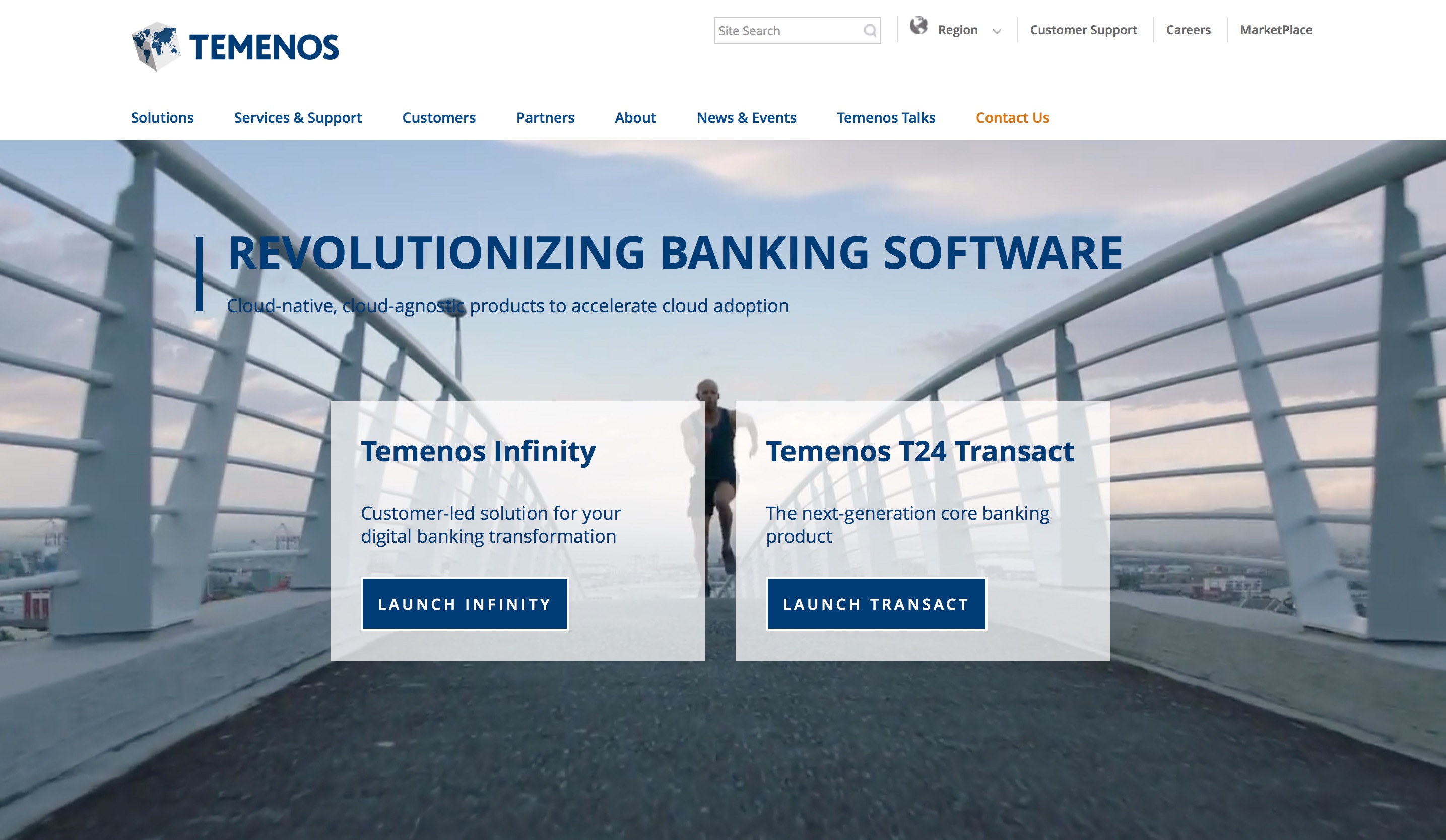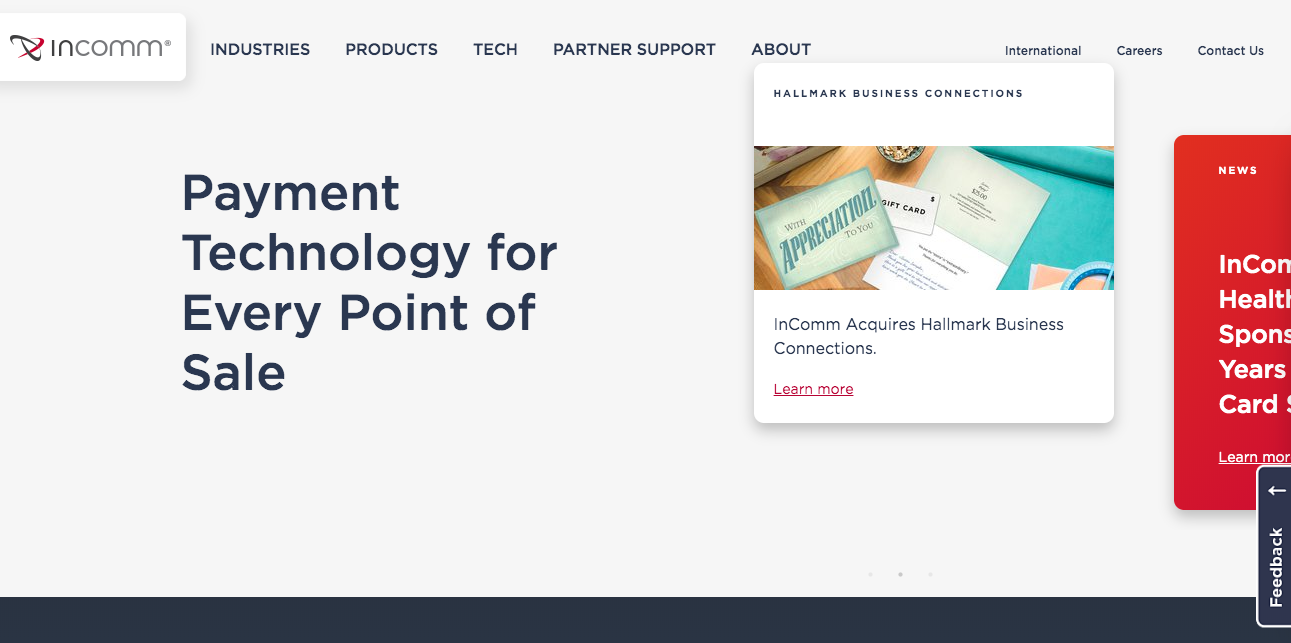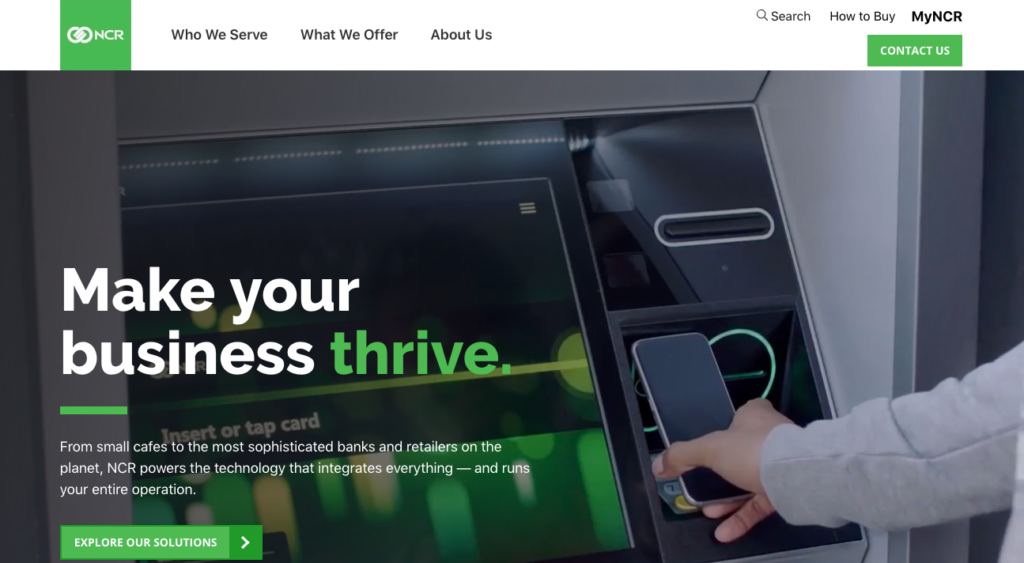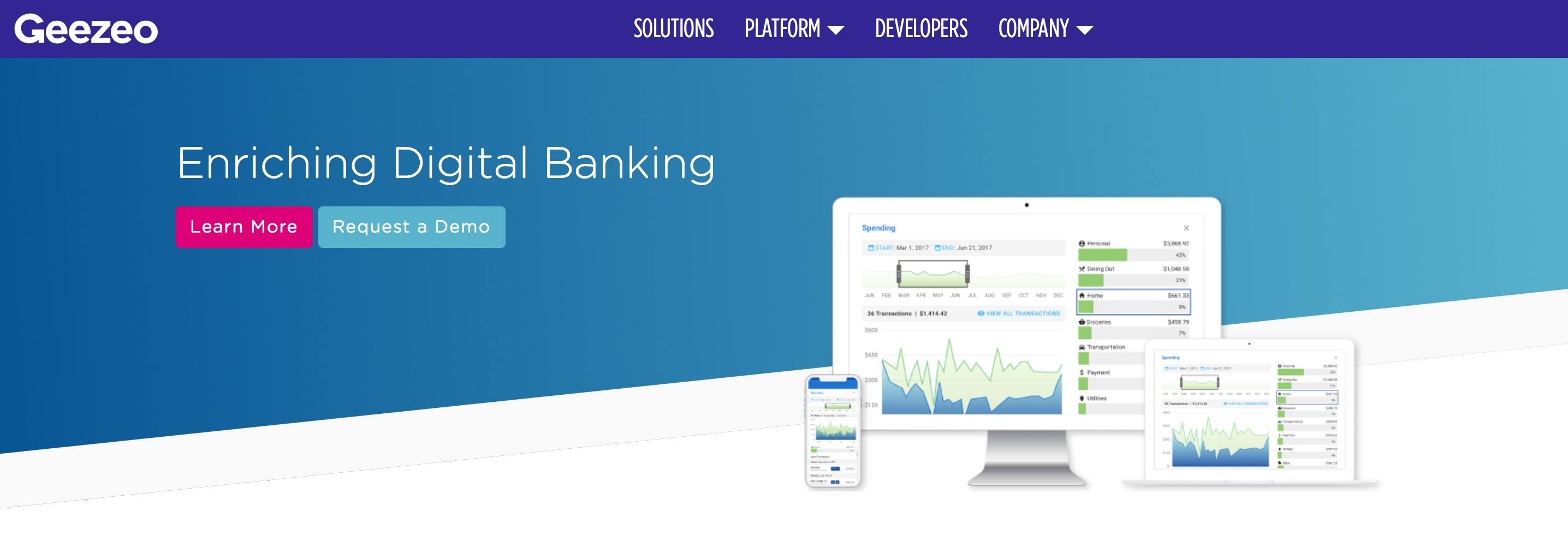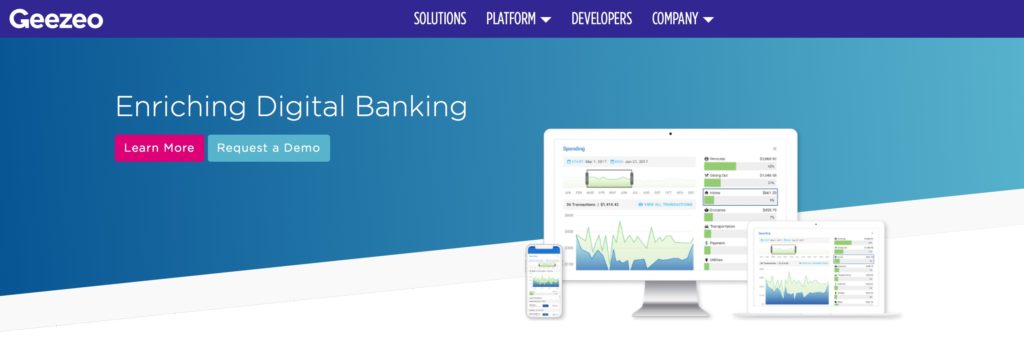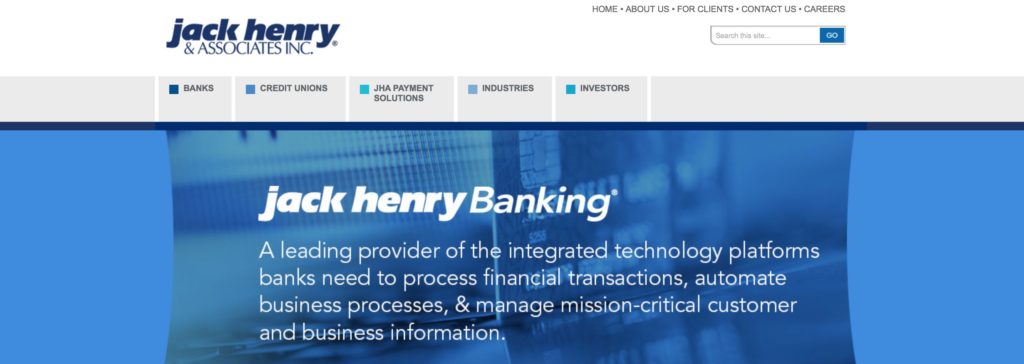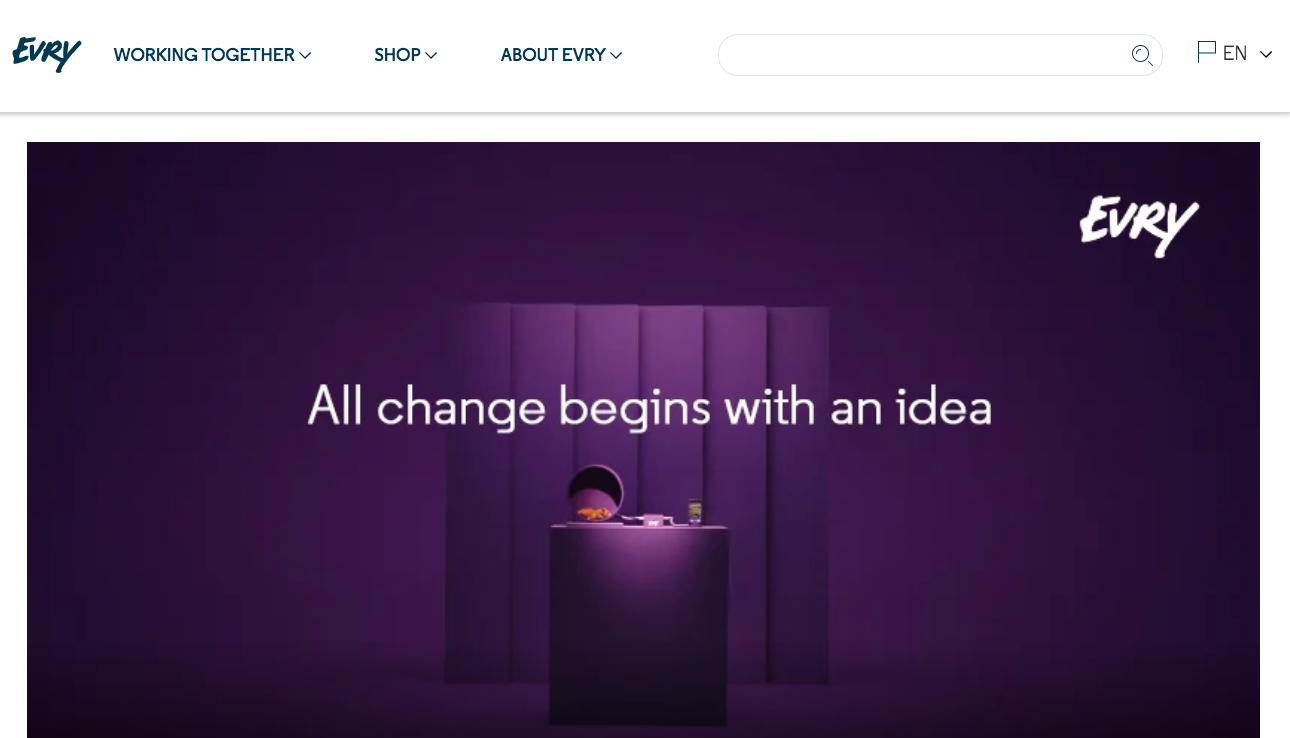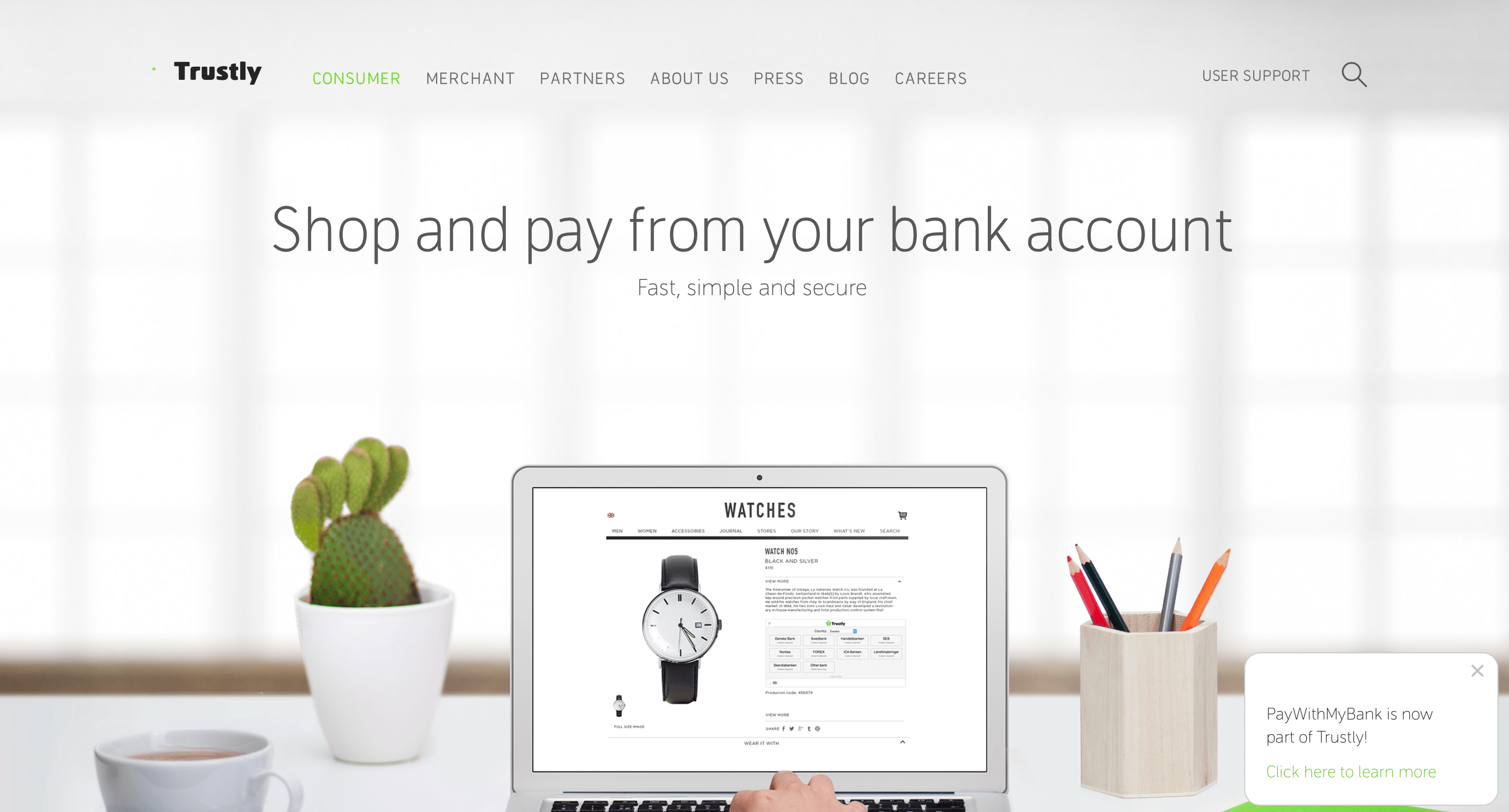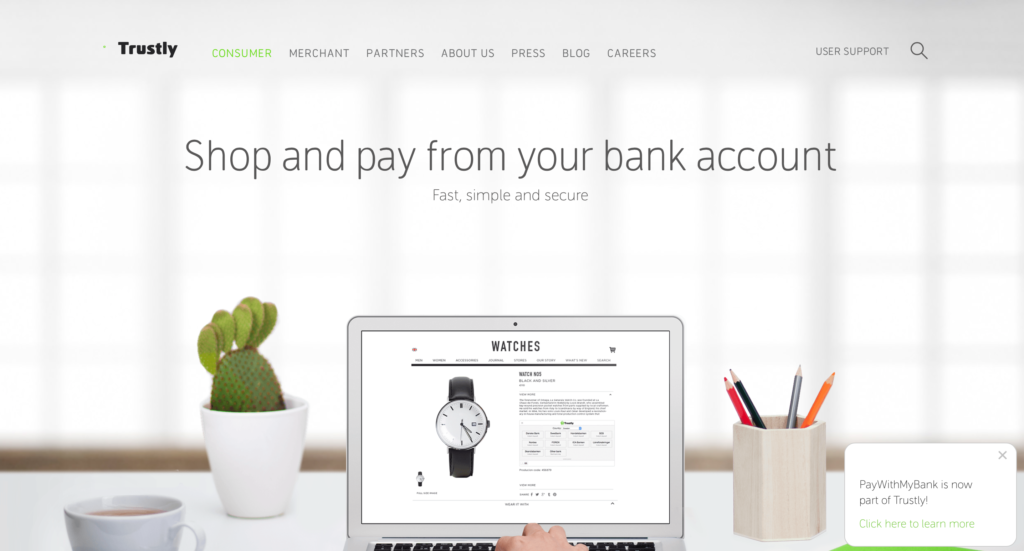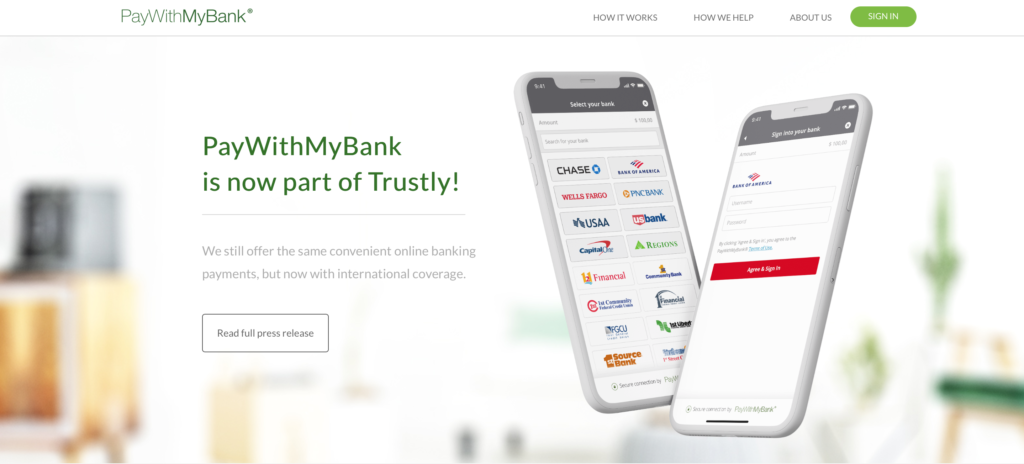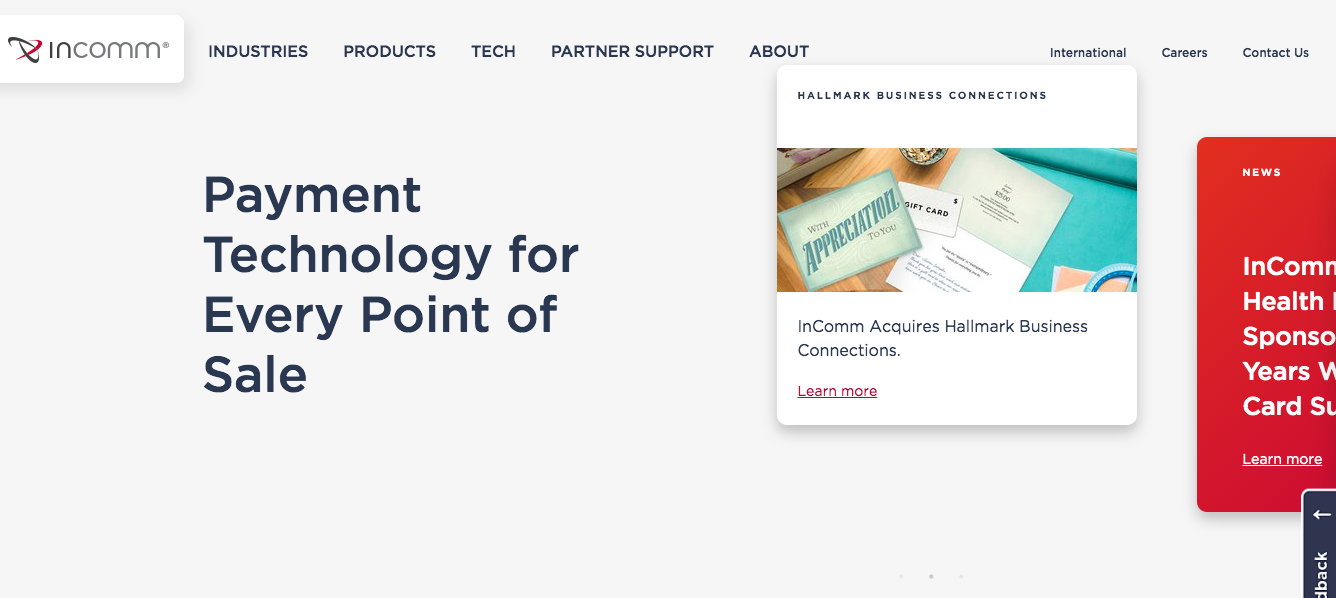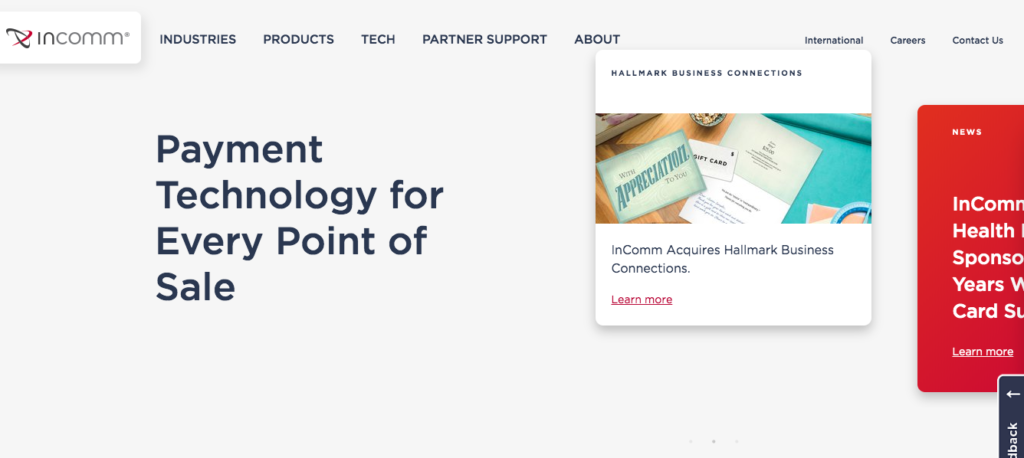
Small business loan marketplace Lendio is entering into the cloud-based accounting software field with the launch of Sunrise. The new endeavor is the result of the Utah-based company’s just-announced purchase of online bookkeeping startup Billy. Terms of the deal were not disclosed.
Founded by Toke Kruse in 2012, Billy aimed to create “hassle-free” finance software for business owners who wanted to focus on their business, not accounting. After the acquisition, Lendio rebranded the Portland, Oregon-based company to Sunrise and pivoted it into a freemium bookkeeping software that offers accounting, cash flow management, and loan and credit information, as well as access to Lendio’s loan marketplace into a single platform.

“We are very excited to announce the acquisition of Billy and the re-brand to Sunrise. The Sunrise platform will bring together previously disparate sources of information for small business owners, such as accounting, loan and credit data,” said Brock Blake, CEO and founder of Lendio. “It’s our goal for Sunrise users to feel more confident in making financial decisions that help their businesses grow.”
The free version of Sunrise offers cash and accrual-based accounting, as well as an invoicing system, estimate creator, and a customer-facing credit card payment portal for billing. Businesses can also sync their financial accounts to categorize and track expenses and income, store receipts, and view profit and loss statements, balance sheets, and other reports such as accounts receivable, customer statements, and more.
A paid subscription, which ranges from $99/ month to $499/ month, enables business owners to automate accounting tasks by outsourcing bookkeeping duties to professionals who use a system to recognize revenue, take care of invoicing, and reconcile books on a monthly basis. The paid version also integrates with Stripe, PayPal, and Square.

Lendio is already working to improve upon Sunrise by building out capabilities such as enhanced loan integration. The company also plans to launch a Sunrise mobile app, add auto categorization, and offer tax software integration.
At FinovateSpring 2011, Lendio showcased its flagship loan marketplace. With an ecosystem of 75+ lenders, the company facilitates an average loan size of around 27,000. Since it was founded in 2011, Lendio has helped close $1.5 billion in financing (half a billion of which closed in the past six months alone) via 70,000 small business loans.
After launching franchising opportunities in 2017, the company announced it would find financing alternatives for small businesses whose loan applications are initially rejected. In a recent interview, when asked “What’s next?” Blake said, “At some point, maybe we’ll either go public or someone will come and give us an offer we can’t refuse. Then, we’ll kind of take a step back and say, ‘Okay, what next?'”

